Republican politicians in Washington are facing the reality of a Donald Trump presidential nomination with both “resignation and enthusiasm” following his decisive wins in 5 Northeastern primaries on April 26.
“People are realizing that he’s the likely nominee,” said Tim Pawlenty, former Minnesota governor and onetime endorser of Sen. Marco Rubio of Florida to the Washington Post.
“The hysteria has died down, and the range of emotion is from resignation to enthusiasm.”
Reconciliation, resignation, and fatigue are all apt ways to describe the reactions of those Republican politicians that have spent the last 10 months lobbying against a Trump nomination.
Former Colorado party chairman Dick Wadhams said, “Fatigue is probably the perfect description of what people are feeling.”
Colorado is one of states in which the Republican party firmly rejected a Trump candidacy, giving Ted Cruz all 34 delegates at stake.
Wadhams continued, stating a preference for a Trump nomination on the first ballot instead of having the convention descend into chaos on multiple ballots.
“There is an acceptance, a resignation or whatever, that Trump is going to be the nominee. More and more people hope he wins that nomination on the first ballot because they do not want to see a convention that explodes into total chaos.”
Rep. Mark Sanford of South Carolina, who backs Sen. Ted Cruz for president, echoed a similar sentiment:
“Many of us who have expressed concerns are reconciling ourselves to the fact that in all likelihood he will be the eventual nominee.”
Senate Majority Whip John Cornyn, who once called Trump an “albatross” around the GOP’s neck, has a much more positive outlook on the prospects of a Trump presidential nomination:
“I think he could change the electoral map in ways we haven’t seen before,” Cornyn said when asked if he was worried about the way Trump would impact the down-ticket.
“This disrupts the usual Republican vs. Democrat, conservative vs. liberal paradigm, and I think we don’t know how this will all play out. I think it will be OK,” he continued.
These realizations and hard realities are contrary to the narrative laid down by Trump’s current rival, Ted Cruz, who still maintains he has a path to the nomination by winning the Indiana primary, and contesting the convention.
“If Trump loses Indiana, he can’t get to 1,237,” said Cruz, campaigning in Indiana before the primary on May 3.
Indiana is a winner-takes-all state with 57 delegates at stake, but with Donald Trump having 994 delegates, even if he loses Indiana, Trump’s chances of getting over 1,237 delegates looks more and more likely.
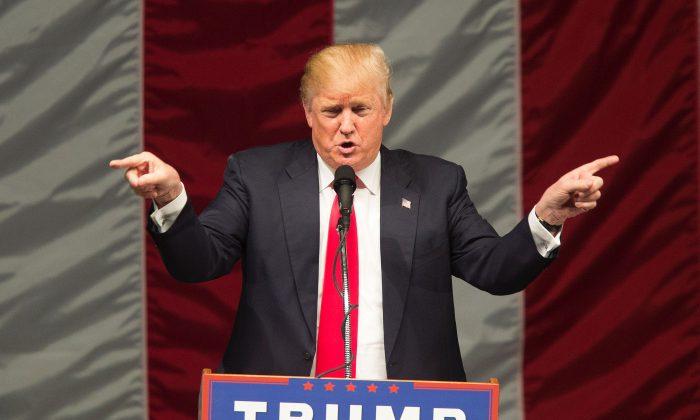
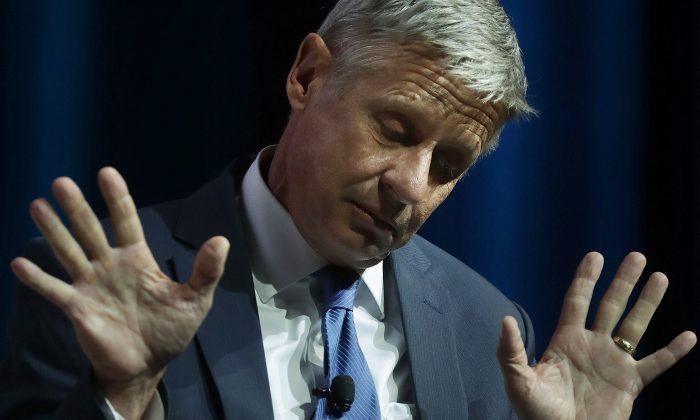
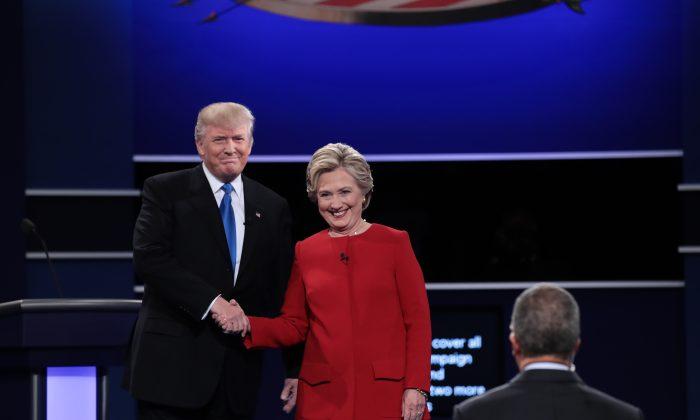
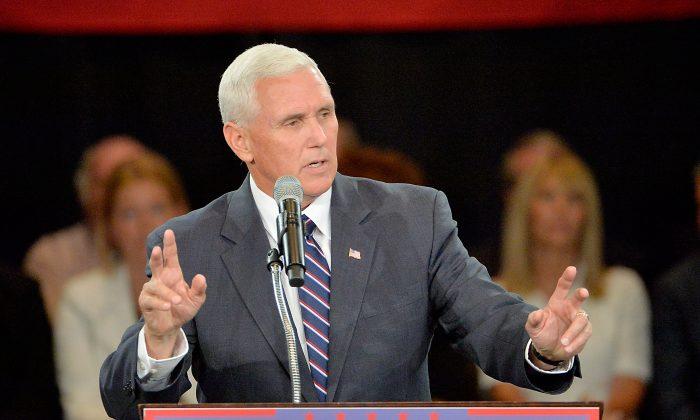
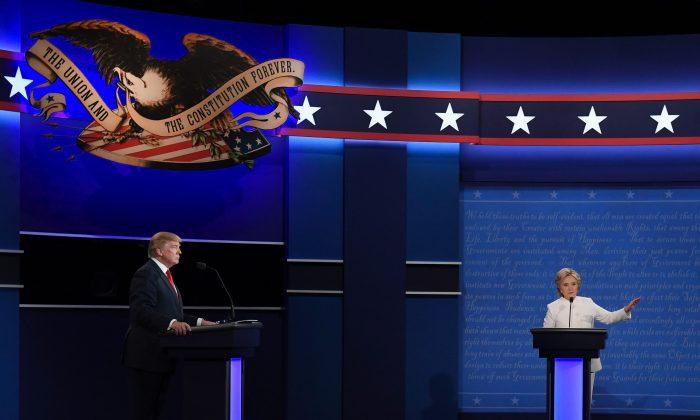
Friends Read Free